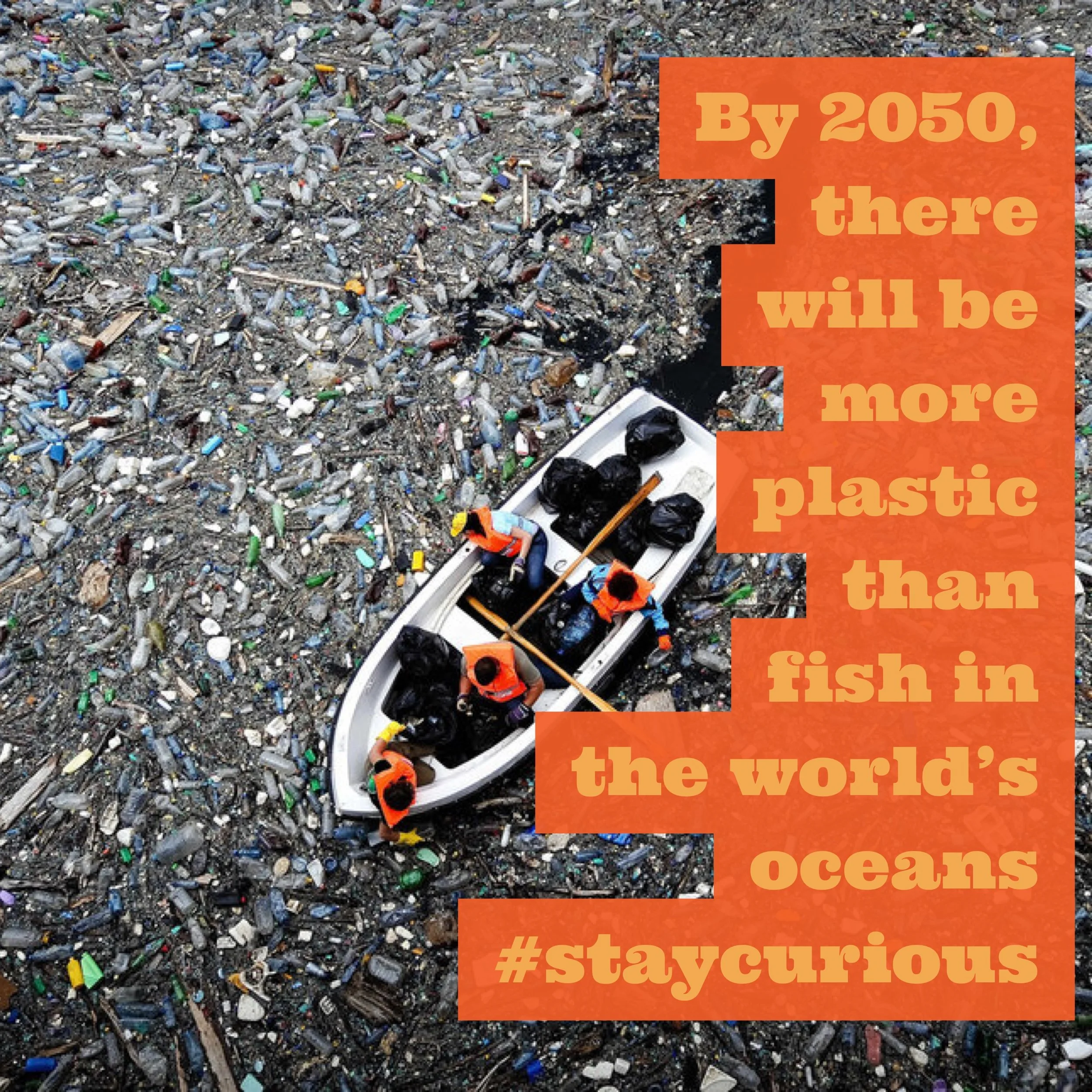Scientists replicated 100 Psychology studies, and fewer than half got the same results

According to work presented today in Science, fewer than half of 100 studies published in 2008 in three top psychology journals could be replicated successfully. The international effort included 270 scientists who re-ran other people's studies as part of The Reproducibility Project: Psychology, led by Brian Nosek of the University of Virginia.The eye-opening results don't necessarily mean that those original findings were incorrect or that the scientific process is flawed. When one study finds an effect that a second study can't replicate, there are several possible reasons, says co-author Cody Christopherson of Southern Oregon University. Study A's result may be false, or Study B's results may be false—or there may be some subtle differences in the way the two studies were conducted that impacted the results. “This project is not evidence that anything is broken. Rather, it's an example of science doing what science does,” says Christopherson. “It's impossible to be wrong in a final sense in science. You have to be temporarily wrong, perhaps many times, before you are ever right.” Across the sciences, research is considered reproducible when an independent team can conduct a published experiment, following the original methods as closely as possible, and get the same results. It's one key part of the process for building evidence to support theories. Even today, 100 years after Albert Einstein presented his general theory of relativity, scientists regularly repeat tests of its predictions and look for cases where his famous description of gravity does not apply. "Scientific evidence does not rely on trusting the authority of the person who made the discovery," team member Angela Attwood, a psychology professor at the University of Bristol, said in a statement "Rather, credibility accumulates through independent replication and elaboration of the ideas and evidence." The Reproducibility Project, a community-based crowdsourcing effort, kicked off in 2011 to test how well this measure of credibility applies to recent research in psychology. Scientists, some recruited and some volunteers, reviewed a pool of studies and selected one for replication that matched their own interest and expertise. Their data and results were shared online and reviewed and analyzed by other participating scientists for inclusion in the large Science study. To help improve future research, the project analysis attempted to determine which kinds of studies fared the best, and why. They found that surprising results were the hardest to reproduce, and that the experience or expertise of the scientists who conducted the original experiments had little to do with successful replication. The findings also offered some support for the oft-criticized statistical tool known as the P value, which measures whether a result is significant or due to chance. A higher value means a result is most likely a fluke, while a lower value means the result is statistically significant. The project analysis showed that a low P value was fairly predictive of which psychology studies could be replicated. Twenty of the 32 original studies with a P value of less than 0.001 could be replicated, for example, while just 2 of the 11 papers with a value greater than 0.04 were successfully replicated. But Christopherson suspects that most of his co-authors would not want the study to be taken as a ringing endorsement of P values, because they recognize the tool's limitations. And at least one P value problem was highlighted in the research: The original studies had relatively little variability in P value, because most journals have established a cutoff of 0.05 for publication. The trouble is that value can be reached by being selective about data sets, which means scientists looking to replicate a result should also carefully consider the methods and the data used in the original study. It's also not yet clear whether psychology might be a particularly difficult field for reproducibility—a similar study is currently underway on cancer biology research. In the meantime, Christopherson hopes that the massive effort will spur more such double-checks and revisitations of past research to aid the scientific process. “Getting it right means regularly revisiting past assumptions and past results and finding new ways to test them. The only way science is successful and credible is if it is self-critical,” he notes. Unfortunately there are disincentives to pursuing this kind of research, he says: “To get hired and promoted in academia, you must publish original research, so direct replications are rarer. I hope going forward that the universities and funding agencies responsible for incentivizing this research—and the media outlets covering them—will realize that they've been part of the problem, and that devaluing replication in this way has created a less stable literature than we'd like.”
@Curionic
#staycurious






